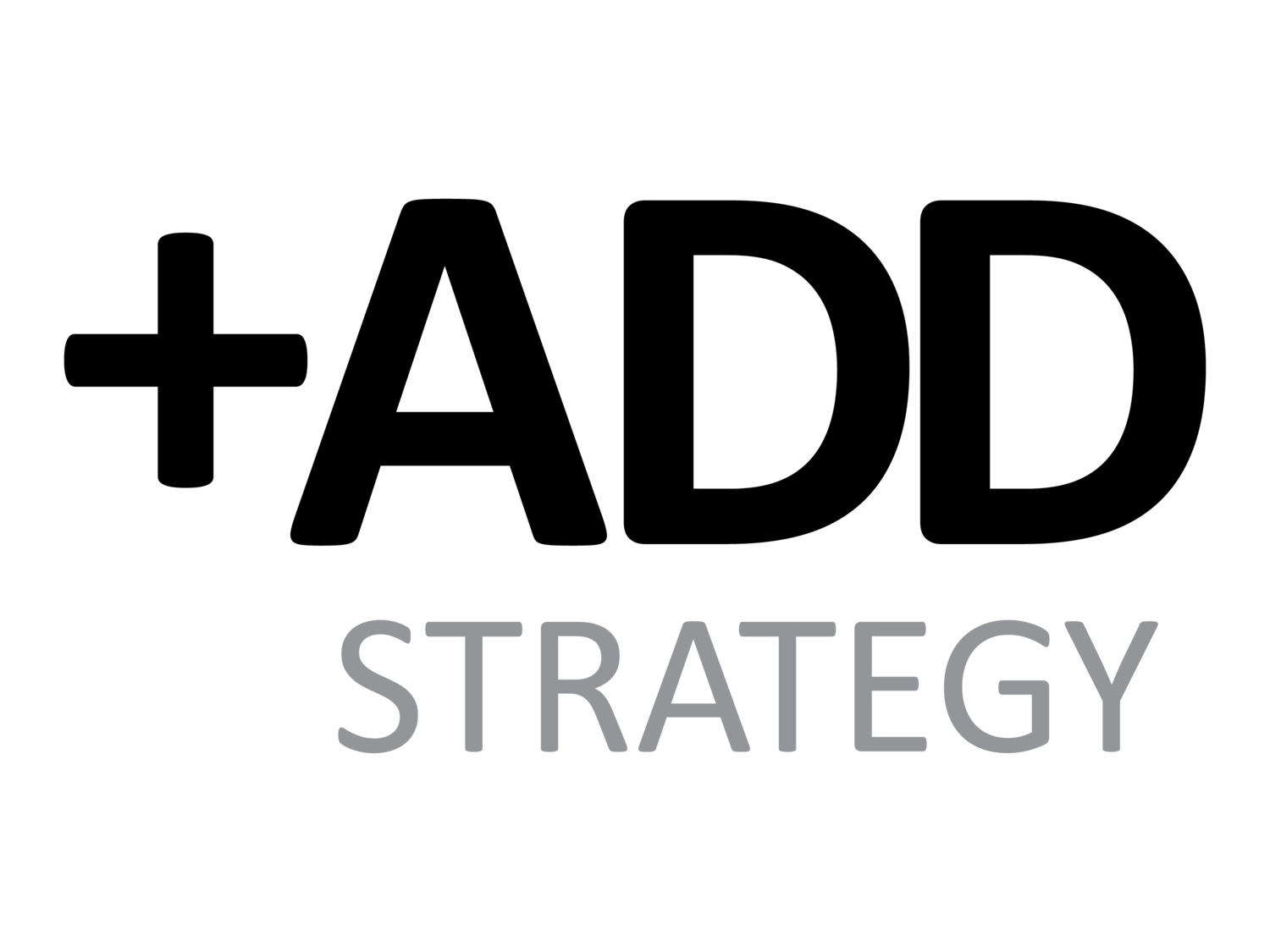Key questions being asked
South East Water believes metering is a fairer way for customers to pay for their water as they only pay for what they use. Installing smarter water meters is also an important way to safeguard water supplies for the long term future. Customers who have a water meter fitted use less water and offering intelligence on usage could help customers reduce their water consumption and in turn their water bills.
South East Water understands some customers may be worried about the change to a smart water meter and the impact it could have on their water bill, as well as how their data will be used.
Beyond this new operational network intelligence is being developed. Integration and use of this data alongside metering data could potentially create new insight leading to better service, efficiency and reduced costs.
At the design sprint we will ask a range of questions including:
Do we have a shared understanding of the impact of smart metering and enhanced network intelligence?
Can we define associated long term service vision?
Can we establish a clear short term service profile?
What roles do different partners and vendors consider they will play?
What are the implications for data management and governance?
How do we effectively interpret GDPR and broader personal data regulations in this context?
Can we establish and test principal interpretations and ‘future proof’ policy?
How do we best communicate these changes to our customers?
Event outcomes
Our goal is to work with the community of interested parties to establish common understanding and build a practical and digestible policy framework that enables current and near future service developments. It is essential the process creates policy that enables creative approaches to meeting current and emergent customer demands safely and securely and without infringing on personal rights.
The +ADD strategy team will work with the event community to form a clear picture and short and medium term service and operational impacts, and work to create policy framework and associated communications that best enable future service developments and new benefits to customers.

